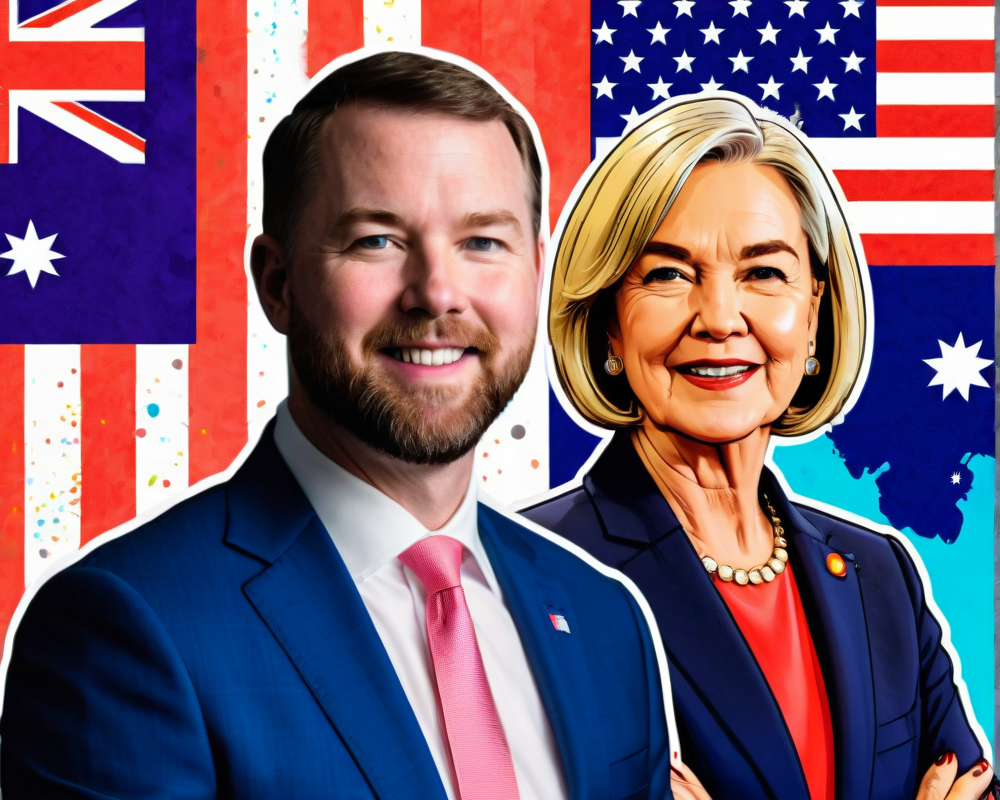The Delay of the Crypto Tax
In a surprising twist that could rival the plot of a K-drama, South Korea’s newly-elected President Yoon Suk-yeol has announced an indefinite delay on taxing crypto investment gains until new protections are firmly in place. Originally set to be implemented for the 2022 tax year, this legislation has already seen a couple of postponements, now eyeing a possible introduction in 2024. This isn’t just bureaucratic juggling; it’s indicative of the growing pains facing cryptocurrencies in a fast-paced world.
Background on the Digital Asset Basic Act (DABA)
Yoon’s administration is pushing forward with plans surrounding the Digital Asset Basic Act, or simply DABA—because every good act deserves a catchy acronym. This legislative initiative, spearheaded by the Financial Services Commission (FSC), aims to introduce a suite of laws that will govern everything from consumer protections to the issuance of non-fungible tokens (NFTs) and centralized exchange listings. Think of it as the crypto equivalent of a seatbelt; necessary and protective.
The Need for Consumer Protections
The crux of the issue here: South Korean officials believe that tax policies should align closely with comprehensive consumer protections. A representative from the FSC reiterated that “taxation of investment income from virtual assets should be done after investor protections are in place.” Simultaneously, Simon Kim, CEO of Hashed—one of the country’s crypto venture powerhouses—echoed this sentiment, arguing for a structured approach before slapping taxes on investments.
Crypto Tax: The Numbers
Should the tax ever get implemented in its controversial form, investors would face a 20% tax on gains exceeding $2,100 annually. For some, this might seem like a hefty price tag for dabbling in digital assets, especially considering the volatile nature of cryptocurrency investments. Imagine trying to explain to your accountant why your crypto gains look like a roller-coaster ride—fun for you, but terrifying for your finances!
Building the Framework for Crypto Regulations
As the FSC rolls up its metaphorical sleeves to draft DABA’s stipulations, Yoon is set to establish the Digital Industry Promotion Agency. This entity will act as a go-to resource for navigating the murky waters of crypto regulations, functioning like a digital Swiss Army knife for the burgeoning industry. With full force ahead, the push to safeguard investors while establishing market legality is both bold and necessary in today’s rapidly changing economy.
Conclusion: A Wait-and-See Approach
The delay in implementing South Korea’s crypto tax may not be welcomed by all, but it’s certainly a step in the right direction for consumer safety and regulatory clarity. After all, nobody wants to be the first investor to pay taxes on gains only to find out they were playing in a legal gray area—yikes! Until DABA takes shape, we can only wait and see how the situation develops while making sure to keep those crypto wallets secure and our fingers crossed for the dawn of fair regulations.




